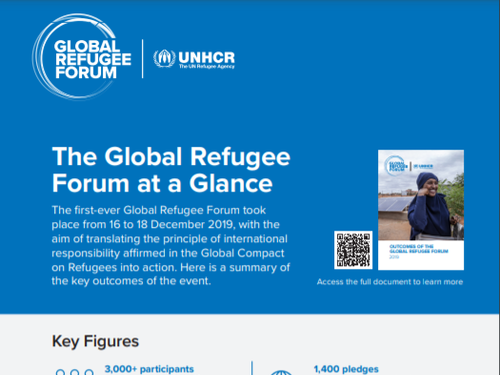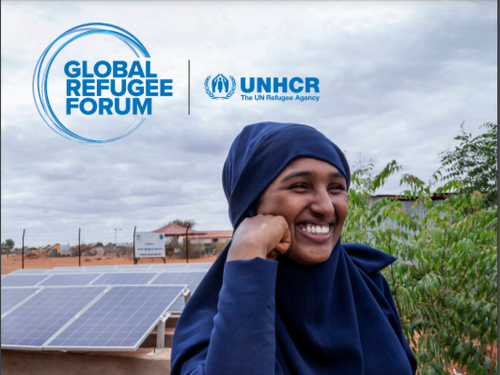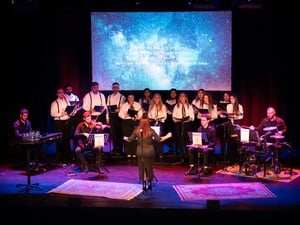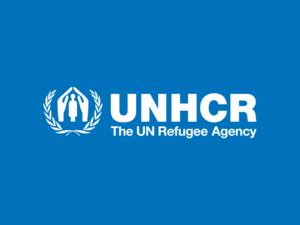Nordic and Baltic countries pledge important support for refugee education

Nordic and Baltic countries pledge important support for refugee education
Ensuring better access to education for refugees was a top priority at the first Global Refugee Forum in 2019 – with strong and important commitments coming from the Nordic and Baltic region.
Despite the global pandemic, important progress has been made throughout 2020, and the upcoming High-level Official’s Meeting in December this year will provide an opportunity to take stock and share good practices, halfway to the next Global Refugee Forum.
Government ministers, civil society, international organizations, the private sector, academia, refugees, and a wide range of other stakeholders came together in the first, historic Global Refugee Forum in December 2019. The objective of this high-level gathering was to mobilize action and concrete pledges to support a better global response to refugees – and transform the objectives of the Global Compact on Refugees into tangible results for refugees and host communities.
The result was over 1,400 pledges of solidarity and inclusion – financial, technical, political, and innovative commitments for new partnerships, initiatives, and practices. A total of 107 pledges came from governments and other stakeholders in the Nordic and Baltic countries.
Despite the constraints and challenges posed by the corona pandemic, the roll-out of many pledges are already in progress. In December 2021, UNHCR will host a High-level Official's Meeting to take stock, identify gaps, and promote further advances related to the Global Compact on Refugees.
Read more and find info on all pledges on the digital platform for the Global Compact on Refugees.
Norway is in total pledging approx. USD 58 million over four years to Education Cannot Wait, and the country is additionally supporting UNHCR’s education strategy with approx. USD 1.2 million.
Denmark is similarly providing concrete support, a four-year partnership amounting to approx. USD 40.8 million, to Education Cannot Wait. Additionally, in close collaboration with the governments of Ethiopia and Uganda, specific projects to strengthen refugee inclusion in these two countries are supported with approx. USD 5.7 million each (read more).
Commitments from Sweden aim at improving the inclusion of refugee children in local and national education systems both with financial support and capacity building, for example in the training of teachers, the inclusion of disabled children, and improving the recognition of qualifications.
The strong focus of the Estonian government on information and communications technologies (ICT) and digital skills is continued in a pledge to support post-crisis and refugee education projects, led by Estonian NGOs in countries such as Ukraine, Lebanon, and Turkey.
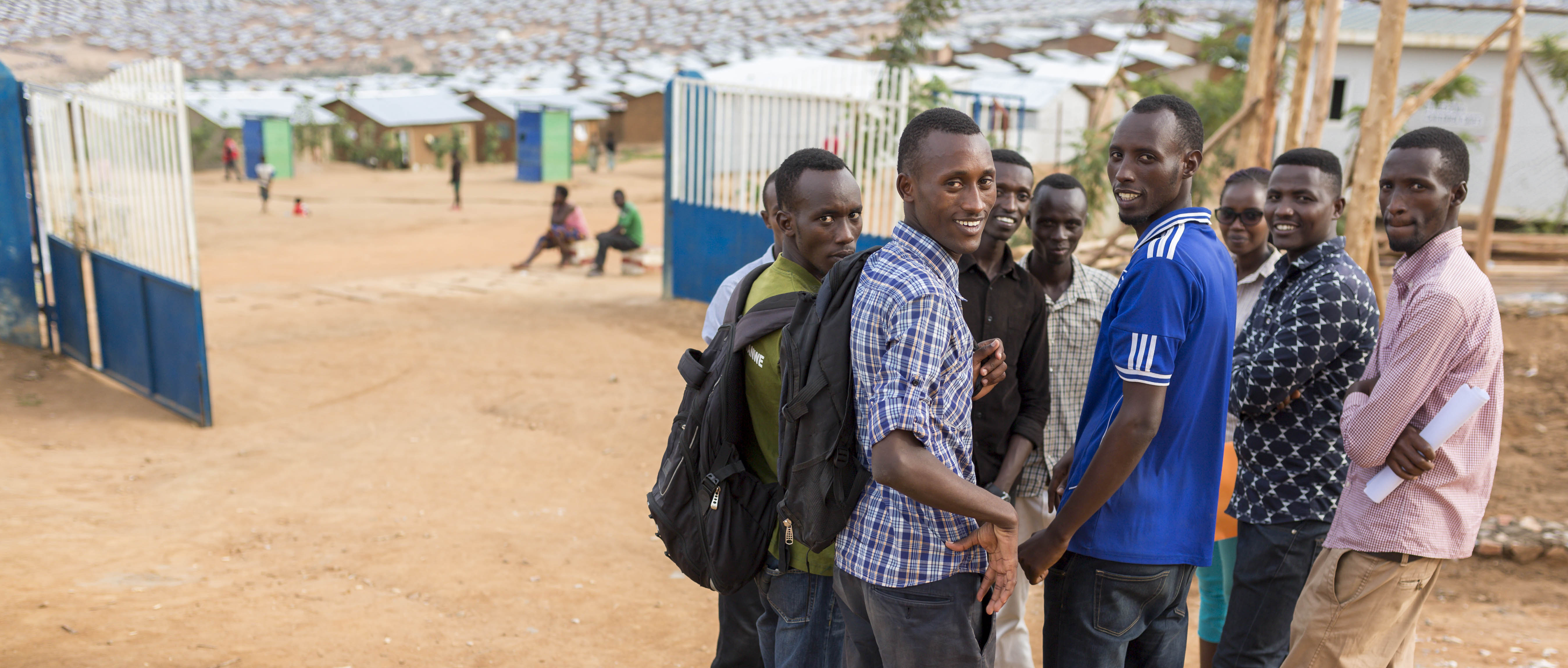
Rwanda. New DAFI intakes from Mahama camp get ready to go to university
Young Burundian refugees in Mahama camp in Rwanda have received scholarships from the DAFI programme and are ready to take on university. © UNHCR/Antoine Tardy
While refugee children’s access to primary school has seen significant global progress in recent years, the gap and the obstacles grow with age and education level. In terms of secondary and youth education, even fewer refugees have an opportunity to enroll and attend (24 per cent).
For higher education, the numbers are even more bleak with only 3 per cent of refugee youth having access to university or other higher education institutions. Together with partners, UNHCR has set an ambitious goal of increasing the number to 15 per cent by 2030, but this requires strong engagement, political goodwill, and financial support.
The latter was exemplified by Denmark’s support of approx. USD 1.6 million to the so-called DAFI programme – a scholarship programme led by UNHCR and Germany, providing young refugees with scholarships and the ability to continue their studies in higher education. More than 18,000 refugee students have received scholarships since the programme’s birth in 1992, and with the additional financial support even more young refugees will be given this chance.
Also universities in Lithuania are stepping up to support higher education opportunities for refugees. The Mykolas Romeris University in Vilnius has pledged to provide free access to a number of refugees, and LCC International University in Klaipeda has committed to continue and enlarge their Middle East scholar programme, offering enrolment also of refugees.
UNHCR’s partnerships and collaboration with the private sector – which can contribute with innovation, resources, know-how, and expertise – have grown significantly, and the education domain is no exception.
Danish LEGO Foundation has already launched its USD 100 million commitment to early childhood education in East Africa through the project Play Matters, which is expected to improve education conditions for 800,000 children (read more).
Also Denmark’s Novo Nordisk Foundation is engaged in long-term projects, aimed at strengthening the education of young Syrian refugees in Jordan and thereby increase their potential to eventually participate in the labour market (read more).
Across the world, numerous non-governmental organizations are engaged in refugee education, including in crisis situations – some of these in direct partnerships with UNHCR – and at the Global Refugee Forum many delivered strong commitments to ensure even more impact and results. These NGOs include the Norwegian Refugee Council, FinChurchAid, Save the Children Denmark, PlanBørnefonden, Oxfam Ibis, amongst others.
Find additional information on UNHCR’s strategy and activities on education here.
Learn more
with key figures, overview of pledges and timeline for the steps ahead.
Comprehensive report on result from the Global Refugee Forum including regional summaries, info on established support platforms and initiatives launched at the event.


